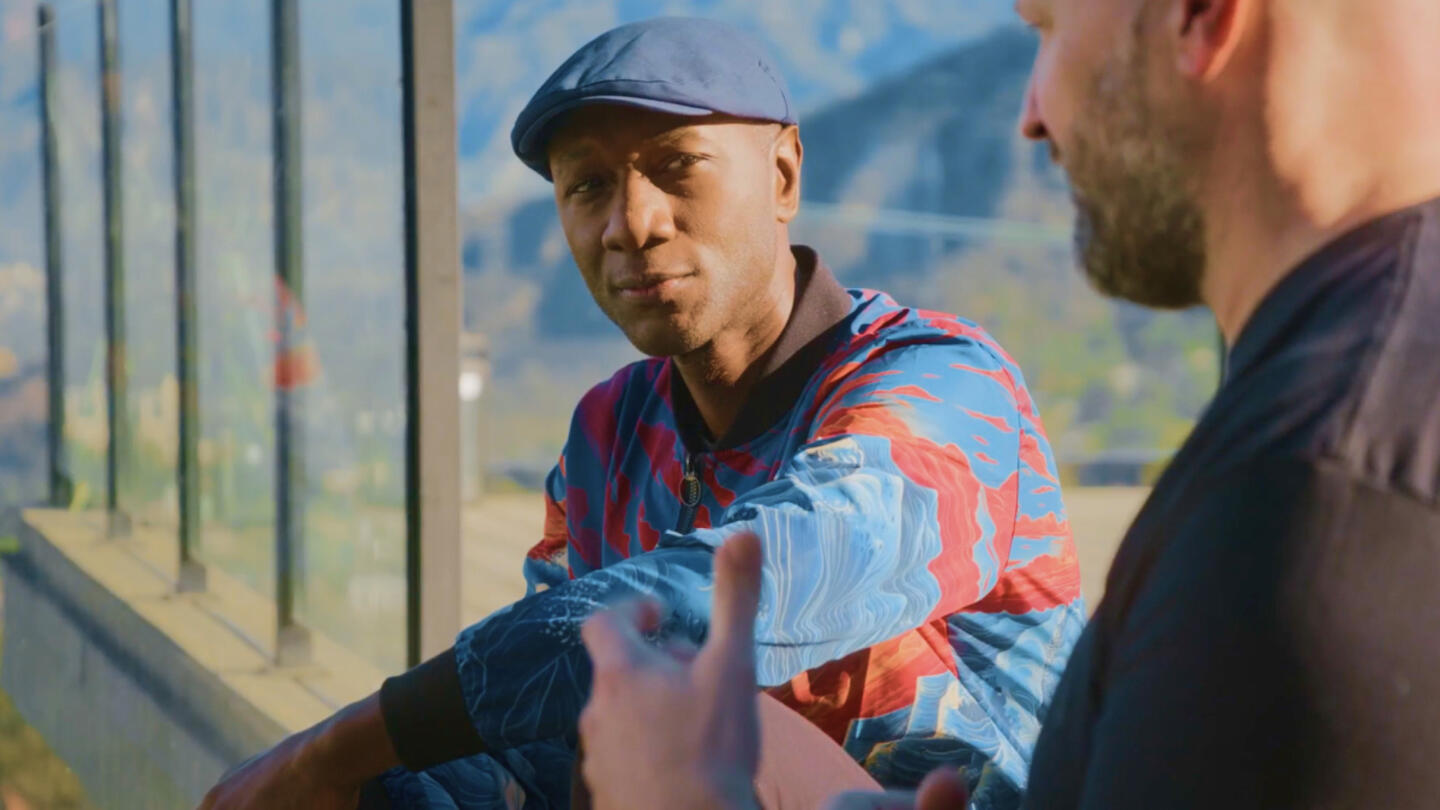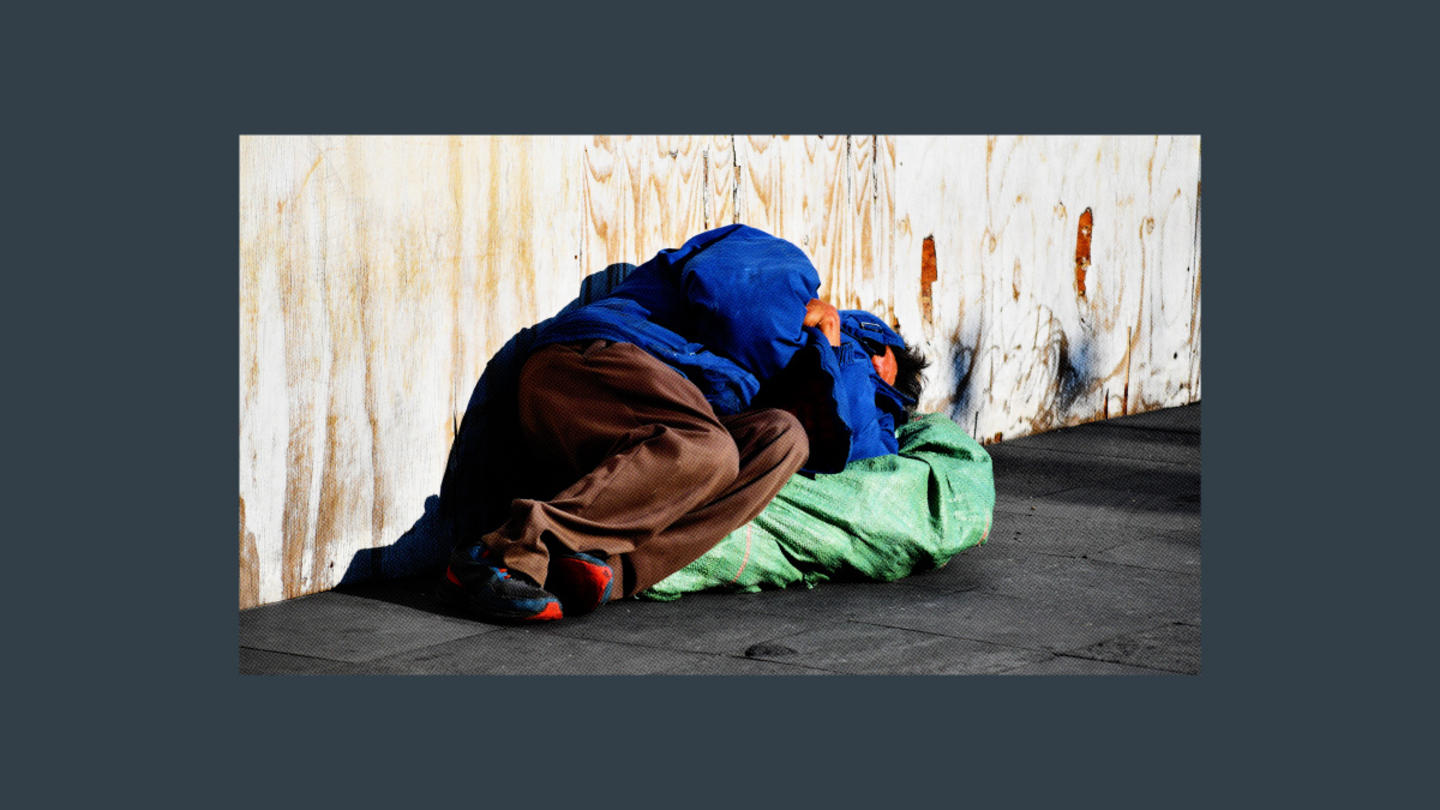Most people have no idea that this root cause of homelessness exists. And that’s the biggest problem with solving it.
Miracle Message Founder and CEO Kevin F. Adler knows well that homelessness is often the end result of a lack of relationship-based community support in place for those already experiencing cycles of poverty, addiction, or illness.
This is something Adler knows firsthand. His uncle, Mark, spent three decades moving in and out of homelessness due to his struggle with schizophrenia. After Mark passed away, Adler was inspired to start Miracle Messages, not just to offer solutions, but to build empathy between people experiencing homelessness and their community members.
“Like Mark, there are many people on the streets who suffer from mental illness or drug addictions, or severe disabilities,” Adler says. “Many people have problems, just like the rest of us. Some are mental illnesses; some are down on their luck, just divorced, missed payment, bad accident, mounting health care costs, debts, mistakes, chancesthat just didn’t work out. Many people who have families and people who miss them and love them.”
Miracle Messages walks alongside people experiencing homelessness as they rebuild their social support systems and financial security, primarily through family reunifications, a phone buddy program, and basic income pilots. Since 2014, Miracle Messages’ global community of volunteers has facilitated over 900 reunions, logged 200,000 conversation minutes through phone calls and texts as “Miracle Friends,” and distributed over $800,000 in direct cash transfers to their unhoused neighbors. Through Miracle Message’s holistic approach, neighbors experiencing homelessness are supported and empowered to find their footing and take the next step toward the goals they set for themselves.
In his new book “When We Walk By,” Adler offers a “deeply humanizing” look at the realities of relational poverty in America and the ways that lacking a social support system can compound the obstacles unhoused individuals are already facing. In the excerpt below, Adler explains how building a support network around the unhoused community is critical to restoring dignity and transforming lives. (This excerpt has been edited for brevity.)
Sign up for the Strong & Safe Communities newsletter for stories, ideas, and advice from changemakers working with their neighbors to address the biggest problems we face.
‘No one should go through homelessness alone’
While it is easy to recognize a lack of income, shelter, sanitation, clothes, or food, there is often no obvious way to tell when someone lacks supportive relationships and the resource advantages that accompany them. But as many as one in three people experiencing homelessness have lost their social support systems.
Aside from the lack of stable housing, relational poverty may be the most universal characteristic of people experiencing homelessness. In fact, relational poverty can turn housing insecurity into homelessness. As Gregg Colburn and Clayton Page Aldern have indicated in their recent book, “Homelessness risk is far greater for people with limited support from a community, low self-esteem, and a lack of belonging.”
Unfortunately, relational poverty is often overlooked by many of the organizations that supply housing and other services to the unhoused. Research has shown that strong relationships are linked to better physical and mental health for people experiencing homelessness, as well as a lower likelihood of victimization. Yet service providers often regard efforts to rebuild relationships and provide social connections, not as a necessity, but as a “nice to have” for their unhoused clients — a damaging example of the paternalism that is so rife in the service sector.
People experiencing homelessness generally see the importance of relationships very differently, as Jeffrey [an unhoused client mentioned earlier in the book] and over 3,000 other unhoused clients have demonstrated over the past nine years by recording messages to their loved ones through Miracle Messages. Although the external indicator of homelessness is a lack of stable housing, the lived experience is often one of extreme isolation, disconnection, broken or nonexistent social support, stigmatization, and shame.
Community and connection are essential, not a nice to have. As human beings, we need more than just a physical home: We need a social home as well.
Or in the words of Ray, an individual experiencing homelessness who was placed in a hotel room through Project Roomkey during the COVID-19 pandemic and participated in Miracle Messages’ phone buddy program: “One of the things about being homeless, you would think that getting a roof over your head would be the solution; you would think giving someone a hotel room would be the first step to getting out of homelessness, but that really wasn’t the case for me. It was nice, don’t get me wrong, but I didn’t know what else to do.
"I would sit there all day, and it was just like sitting out on the streets all day. You don’t have any source of support other than a roof over your head. Although I felt safer, although I felt okay in terms of getting fed, I always had this knowledge, this fear, that this security was temporary. Having a social network, having family, that is really, ultimately, what one who is unhoused needs: to get to a point where you don’t have to walk the streets alone anymore.”
Miracle Messages is working to connect unhoused clients to their local communities and surround them with a support system. Empowered with uplifting relationships and financial support from Miracle Messages, these individuals have the resources to leave the streets — and build a home for life.
***
Miracle Messages is supported by Stand Together Foundation, which partners with the nation’s most transformative nonprofits to break the cycle of poverty.
Learn more about Stand Together’s efforts to build strong and safe communities, and explore ways you can partner with us.

At this ‘resort,’ children with intellectual disabilities are seen as gifts to be celebrated and loved.

Veterans experience loss when leaving service. Could this be key to understanding their mental health?

The Grammy-nominated artist is highlighting the stories we don’t get to hear every day.

With his latest project, Blacc isn’t just amplifying stories — he’s stepping into them
